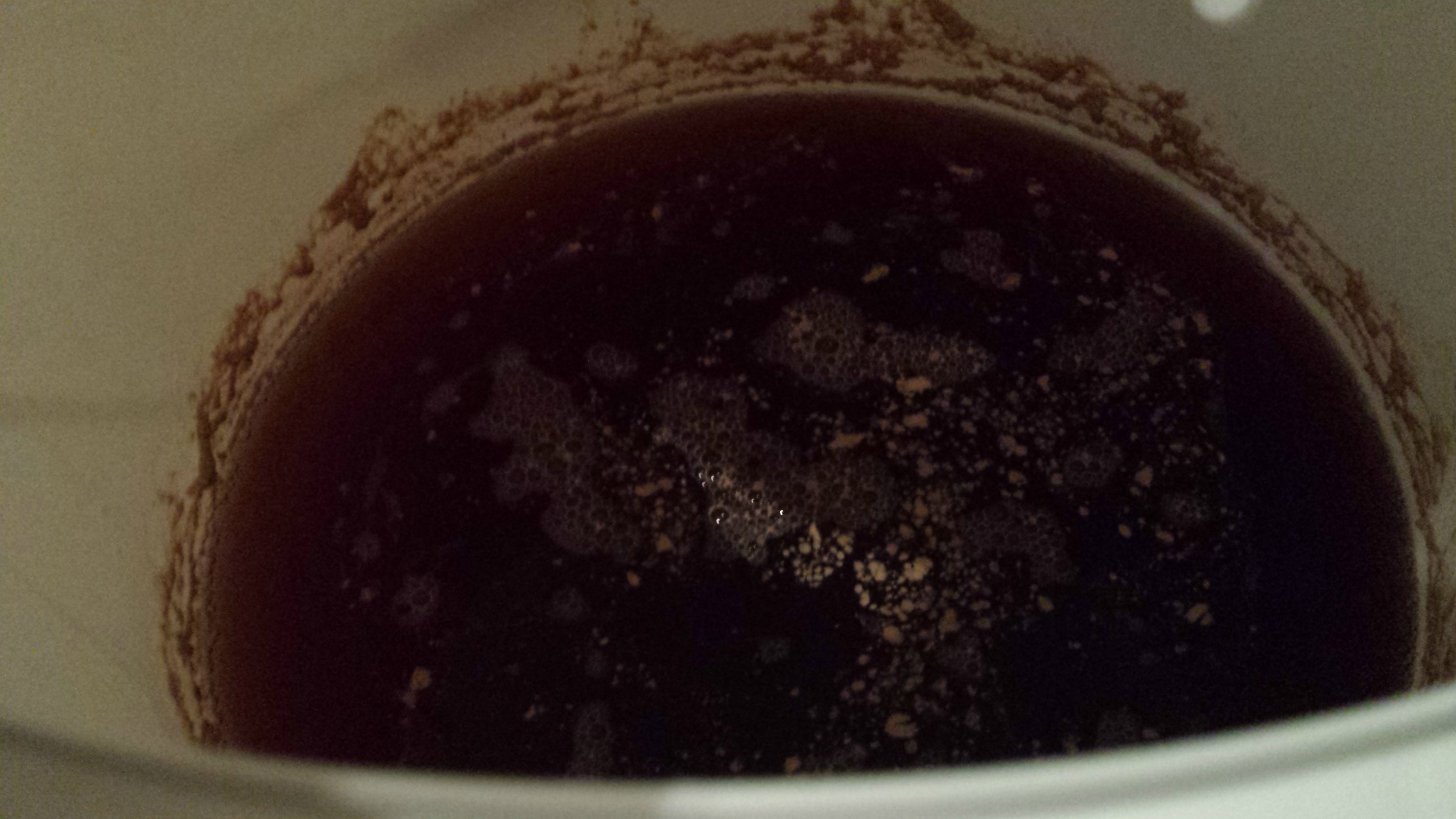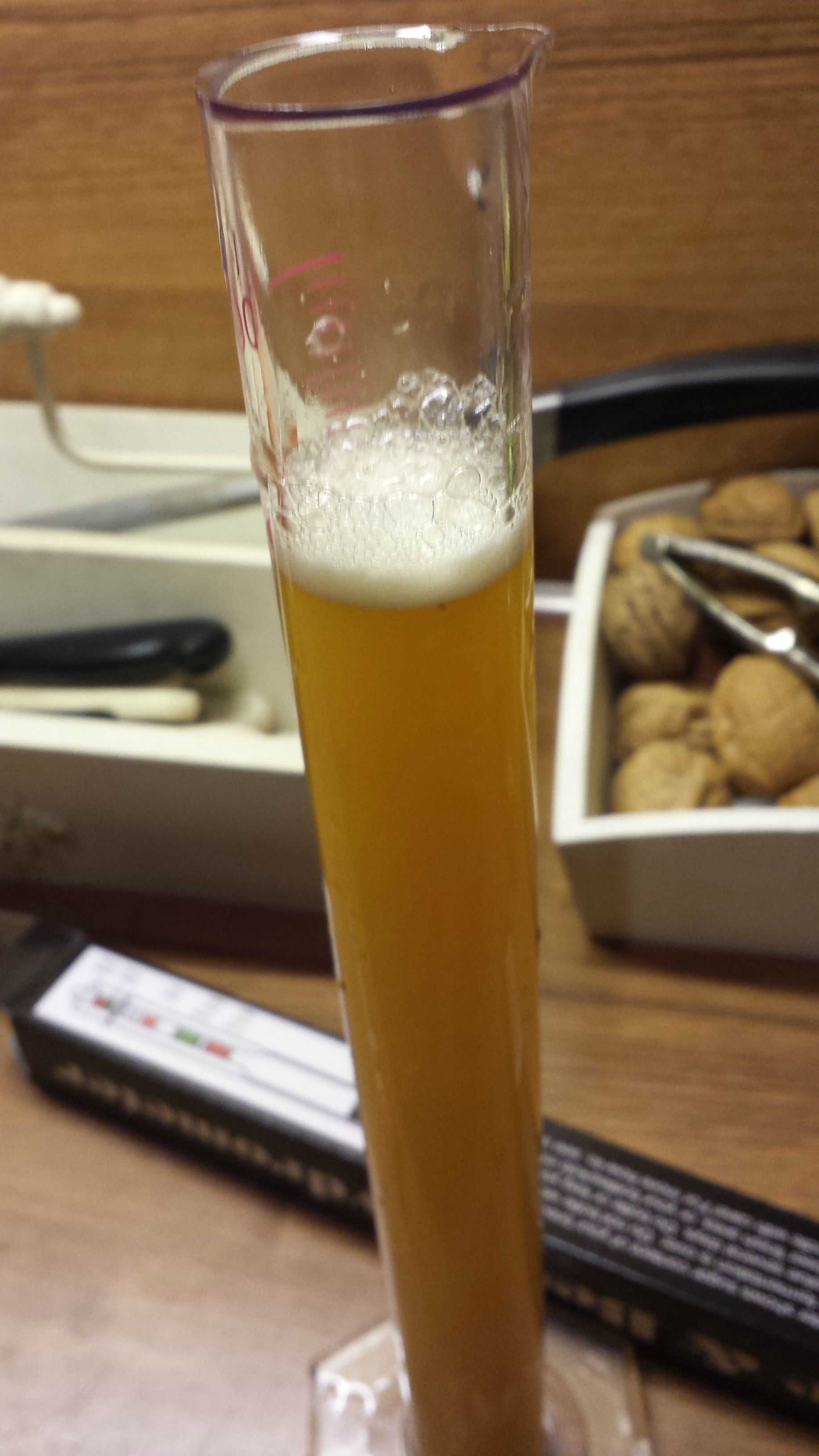Rednas
Member
- Joined
- Nov 5, 2014
- Messages
- 18
- Reaction score
- 4
Newbie question: I'm brewing an extract tripel. It's in the first stage of fermenting (10 days is recommended by the manufacturer), right now it's on day 4.
There's a water lock on the brewing bucket to prevent dust/dirt from getting in.
So, does it do any harm if I open the bucket before those 10 days are finished? I basically want to check if everything looks ok, and if there's no infections or anything.
Thanks!
There's a water lock on the brewing bucket to prevent dust/dirt from getting in.
So, does it do any harm if I open the bucket before those 10 days are finished? I basically want to check if everything looks ok, and if there's no infections or anything.
Thanks!





